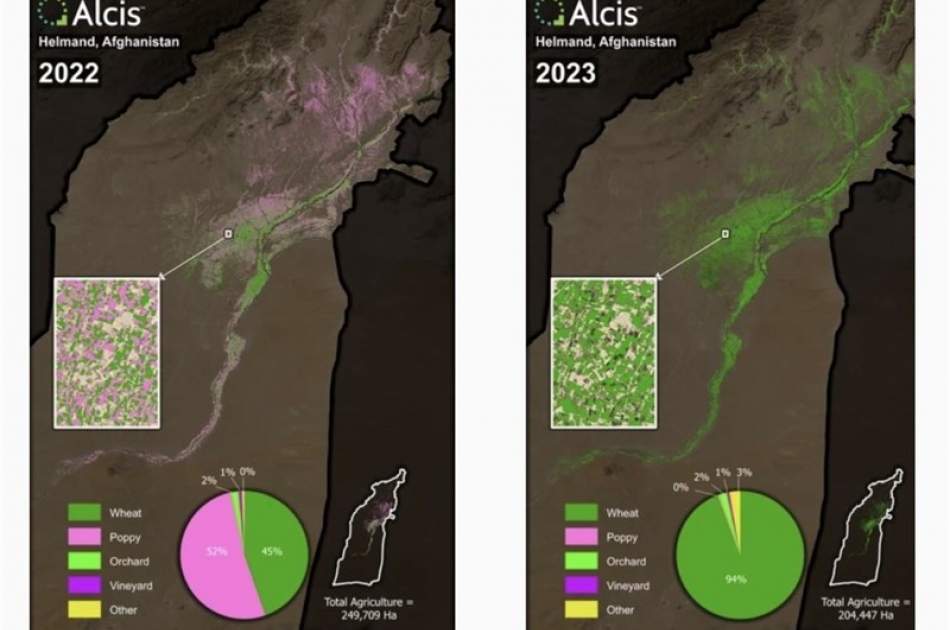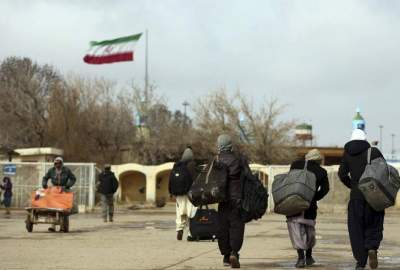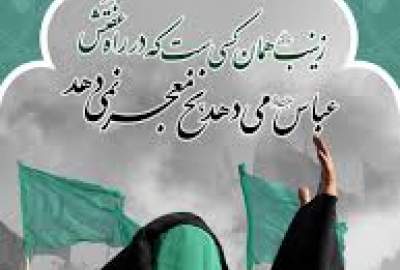A British research organization called Alcis has announced, citing satellite images, that poppy cultivation in Afghanistan has reached its lowest level in the last 20 years. According to this research, the Islamic Emirate has been more than 99% successful in combating poppy cultivation in Helmand province. In this report, it is mentioned that more than 50% of opium in Afghanistan used to be grown in Helmand.
Publish dateWednesday 7 June 2023 - 13:34
Story Code : 271357
The result of the satellite research of an English institution;
Poppy cultivation in Afghanistan has reached the lowest level in the last two decades / the results of the order to ban the cultivation of narcotics have been unprecedented
Afghan Voice Agency (AVA) - Kabul: The analysis of satellite images by a British organization shows that poppy cultivation in Afghanistan has reached the lowest level in the last 20 years.
British organization "AlcisGeo" on Tuesday, (June 6) published its findings on the effects of the prohibition of drug cultivation and production in Afghanistan, calling the results unprecedented and announcing that the amount of poppy cultivation in Afghanistan has reached the lowest level in the last 20 years.
According to this organization's report, the analysis of satellite images from Afghanistan shows that the results of the ban on poppy cultivation exceeded expectations and the decrease in poppy cultivation in Afghanistan has reached a level that has not been seen before 2001.
The report adds that after hearing that the leader of the Islamic Emirate, Mullah Hebatullah, in April 2022, only seven months after the Islamic Emirate regained power, imposed a ban on the cultivation and production of narcotics in Afghanistan, many are considering the issue of narcotics control in Afghanistan. The previous regime of Afghanistan viewed the reports of destruction of products and confiscation of drugs with skepticism.
The British body added that the Islamic Emirate's fight against drugs was not an event but a process that involved building support for prohibition among various factions of the government and rural sectors, something that may be possible given continued cultivation and a slower rate of eradication. In some areas, especially Badakhshan, it has not yet been fully realized.
According to this report, the prohibition of drugs by the leader of the Islamic Emirate, far from being absolute, is a policy that is based on the economic and political realities of Afghanistan and the documented challenges that Afghan leaders have historically imposed their will on government institutions and rural areas where they produce Drugs are concentrated, imposed, formed.
A slow and steady decline in poppy cultivation
The report further states that the Islamic Emirate's efforts to ban poppy cultivation in the spring of 2022 began right after the ban was announced in early April. In particular, crops grown in spring and summer in southern and southwestern Afghanistan were targeted for eradication. However, local authorities did not touch the crops planted in autumn 2021, which were only a week or two away from harvest, as this could have led to widespread unrest near the harvest season, as farmers by then, time and they had invested considerable resources to harvest the crop.
The report also warns that following the ban and the lack of favorable conditions and sufficient aid for alternative cultivation of poppy for Afghan farmers, many farmers whose livelihood was this way have been severely damaged and may fuel a new wave of migration.
British organization "AlcisGeo" on Tuesday, (June 6) published its findings on the effects of the prohibition of drug cultivation and production in Afghanistan, calling the results unprecedented and announcing that the amount of poppy cultivation in Afghanistan has reached the lowest level in the last 20 years.
According to this organization's report, the analysis of satellite images from Afghanistan shows that the results of the ban on poppy cultivation exceeded expectations and the decrease in poppy cultivation in Afghanistan has reached a level that has not been seen before 2001.
The report adds that after hearing that the leader of the Islamic Emirate, Mullah Hebatullah, in April 2022, only seven months after the Islamic Emirate regained power, imposed a ban on the cultivation and production of narcotics in Afghanistan, many are considering the issue of narcotics control in Afghanistan. The previous regime of Afghanistan viewed the reports of destruction of products and confiscation of drugs with skepticism.
The British body added that the Islamic Emirate's fight against drugs was not an event but a process that involved building support for prohibition among various factions of the government and rural sectors, something that may be possible given continued cultivation and a slower rate of eradication. In some areas, especially Badakhshan, it has not yet been fully realized.
According to this report, the prohibition of drugs by the leader of the Islamic Emirate, far from being absolute, is a policy that is based on the economic and political realities of Afghanistan and the documented challenges that Afghan leaders have historically imposed their will on government institutions and rural areas where they produce Drugs are concentrated, imposed, formed.
A slow and steady decline in poppy cultivation
The report further states that the Islamic Emirate's efforts to ban poppy cultivation in the spring of 2022 began right after the ban was announced in early April. In particular, crops grown in spring and summer in southern and southwestern Afghanistan were targeted for eradication. However, local authorities did not touch the crops planted in autumn 2021, which were only a week or two away from harvest, as this could have led to widespread unrest near the harvest season, as farmers by then, time and they had invested considerable resources to harvest the crop.
The report also warns that following the ban and the lack of favorable conditions and sufficient aid for alternative cultivation of poppy for Afghan farmers, many farmers whose livelihood was this way have been severely damaged and may fuel a new wave of migration.
avapress.com/vdcenz8wfjh8fxi.1kbj.html
Tags
Top hits







